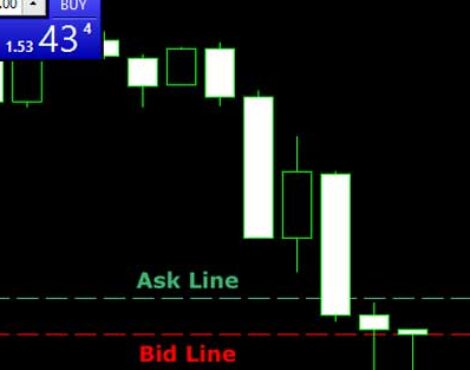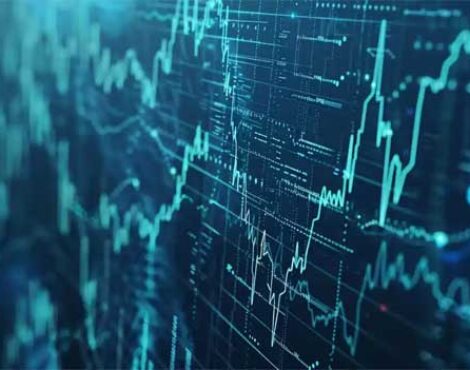In today’s fast-paced and ever-evolving financial markets, the importance of trading platforms and tools cannot be overstated. For both novice and experienced traders, having access to the right technology can make the difference between successful trades and missed opportunities. In this article, we will explore the role of trading platforms, the essential tools for traders, navigating market trends, customizing your trading experience, the future of digital trading, and how technology can maximize profits.
The Role of Trading Platforms

Trading platforms are the backbone of any trading operation. They provide traders with a centralized hub for executing trades, analyzing market data, and managing their portfolios. These platforms come in various forms, from web-based interfaces to sophisticated desktop applications, catering to the needs of different traders. The best platforms offer a seamless experience with real-time data, advanced charting capabilities, and easy-to-use order execution systems. Furthermore, they often include risk management features, such as stop-loss orders, to help traders protect their investments.
Essential Tools for Traders

To succeed in trading, utilizing the right tools is crucial. Here are some essential tools that every trader should consider:
- Technical Analysis Software: This helps traders identify market trends and patterns to make informed decisions.
- Economic Calendars: These calendars provide insight into upcoming economic events that could impact market conditions.
- Trading Robots: Automated trading software that can execute trades based on predefined criteria.
- News Feeds: Staying updated with real-time financial news can give traders an edge in anticipating market movements.
- Mobile Apps: Allowing traders to access their accounts and trade on the go.
Navigating Market Trends

Understanding and navigating market trends is vital for success in trading. This involves studying historical data, following financial news, and using technical indicators to predict future movements. Traders must also be aware of macroeconomic factors, such as interest rates and geopolitical events, that can influence market trends. By staying informed and adaptable, traders can capitalize on market trends and avoid potential pitfalls.
Customizing Your Trading Experience

Every trader has unique needs and preferences. Fortunately, many trading platforms offer customization options, allowing traders to tailor their experience. Customization can range from designing personalized dashboards to setting up trade alerts based on specific criteria. This level of personalization enables traders to create workflows that align with their trading strategies, making their trading process more efficient and effective.
Comparison Table: Customization Features
| Feature | Platform A | Platform B | Platform C |
|---|---|---|---|
| Personalized Dashboards | Yes | Yes | No |
| Custom Trade Alerts | Yes | No | Yes |
| Automated Trading | No | Yes | Yes |
| Advanced Charting | Yes | Yes | Yes |
The Future of Digital Trading

The digital trading landscape is continually evolving, with new technologies emerging that are transforming the way traders operate. The rise of blockchain and cryptocurrencies, artificial intelligence, and machine learning are all shaping the future of trading. These advancements promise to bring even more automation, improved decision-making, and access to a broader range of markets. Traders who embrace these changes and adapt to new technologies will be well-positioned to thrive in the future of digital trading.
Maximizing Profits with Technology

Technology has the potential to significantly enhance a trader’s ability to maximize profits. From algorithmic trading strategies that execute trades at optimal times to predictive analytics that offer insights into future market movements, the right tools can greatly improve a trader’s profit margins. Furthermore, advancements in technology have made sophisticated trading platforms more accessible to the average trader, leveling the playing field and opening up new opportunities for profit.
In conclusion, trading platforms and tools are indispensable for anyone serious about trading in today’s markets. They provide the necessary infrastructure, resources, and capabilities to succeed in an increasingly competitive environment. By leveraging technology, traders can navigate market trends, customize their experiences, and maximize profits. As digital trading continues to evolve, those who invest in the right platforms and tools will be best positioned to capitalize on future opportunities.



